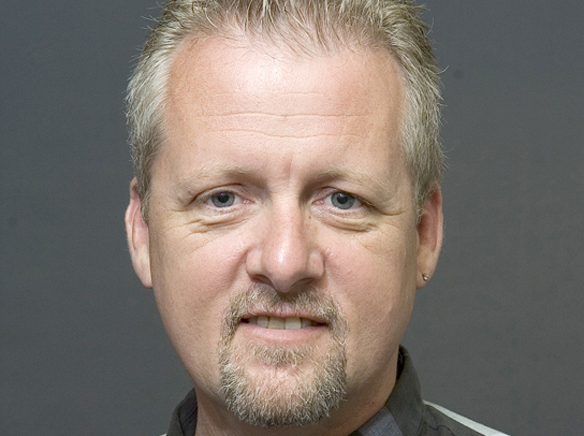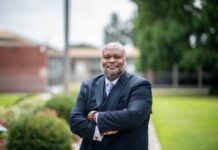During my lifetime, 11 men have held the office of President of the United States. I turned 18 shortly before the 1976 election and cast my first presidential vote for James Earl “Jimmy” Carter.
Historians have taken a middling view of his tenure in the Oval Office; I suppose an economy plagued with inflation and recession, and the energy crisis, and the taking of American hostages by Iran (along with a failed rescue attempt) are lousy circumstances under which to govern, but that is what Jimmy had to deal with.
During my lifetime, 11 men have held the office of President of the United States. I turned 18 shortly before the 1976 election and cast my first presidential vote for James Earl “Jimmy” Carter.
Historians have taken a middling view of his tenure in the Oval Office; I suppose an economy plagued with inflation and recession, and the energy crisis, and the taking of American hostages by Iran (along with a failed rescue attempt) are lousy circumstances under which to govern, but that is what Jimmy had to deal with.
I have to admit to holding Mr. Carter in some serious esteem. While in office, his political options were limited and certainly some of his efforts were not effective. However, unlike other past presidents, the Man from Plains, Georgia has found plenty to do in doing good for the world since his presidency.
Along his way to becoming the longest-lived post-term president, he established the non-profit Carter Center in Atlanta, with the goal of advancing human rights and reducing human suffering around the world by mediating conflicts, promoting democracy, and monitoring elections.
The Center has also helped increase Africa's crop production and continues to promote global health, working to wipe out Guinea worm disease, malaria, river blindness, and other maladies.
Some of the results are rather impressive. The incidence of Guinea worm disease has fallen from 3 1/2 million reported cases in 1986 to 148 cases in 2013. The Center played a part in resolving disputes (and preventing armed conflict) in Ethiopia, Haiti, Sudan, Bosnia, and North Korea.
The former president has further expressed his activism on a number of important issues. Carter has denounced the treatment of Palestinians by Israel. For more than a decade he spoke out against the US embargo of Cuba. He condemned the treatment of prisoners in the Guantánamo Bay Prison run by our military, the use of waterboarding in interrogations, and the invasion of Iraq by coalition forces.
Carter has strongly opposed the death penalty, encouraged background checks for firearm sales and a ban on assault weapons, and, as a third-generation Southern Baptist, publicly split with the Southern Baptist Convention because of its opposition to women as pastors, a choice made to “subjugate women” by “male religious leaders… for their own selfish ends.” And the former commander-in-chief has also stayed busy swinging a hammer to help build Habitat for Humanity homes.
Most all of our former presidents have earned impressive paydays authoring books and making speeches. But all too often, it seems they are content to rub elbows with the elite, collecting contributions for their foundations.
Diagnosed with cancer, Jimmy Carter will cut back on his schedule, presumably to focus on his treatments and his family. When he is gone and we look back on his achievements, I hope history notes he was a principled man who showed genuine courage and humanity, using his skills and celebrity to make the world a better place.
Now that’s what I’d call presidential.



















